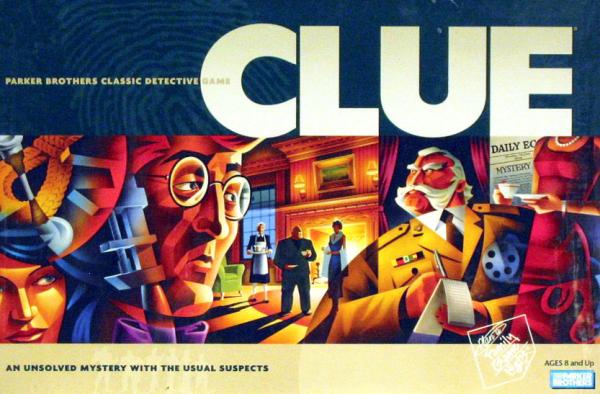
Pharmaceutical companies, never America's darlings even on a good day, have been hammered mercilessly over the past few months, starting with the vile Martin Shkreli, followed by the scoundrels at Valeant, who objected rather vehemently when I referred to them as being one step below head lice on the food chain of life.
Then it was generic giant Mylan's turn in the bulls-eye for their infamous $600 EpiPen. But, should all of the blame fall on Mylan, or is there something else going on?
It turns out that there is quite a bit going on, it's just behind the scenes. And it isn't the FDA backlog or bureaucracy.
According to Earl L. “Buddy” Carter (R-Ga.), the only pharmacist in Congress, we ought to be looking more closely at the middlemen—Pharmacy Benefit Managers (PBMs) - who are the intermediaries between whatever company or agency that pays for drugs and the buyers of the drugs. They provide services like running mail-order pharmacies and negotiating prices with both retailers and drug makers.
Rep. Carter is troubled by the impact of high drug prices, which is evident from the following quote from his recent piece in The Hill:
"As a pharmacist for more than 30 years, and the only pharmacist in Congress, I’ve seen firsthand the anguish of families balancing their health care needs with their bottom line. It is indescribably heart wrenching to see a mother decide whether to buy groceries or her child’s medication, or a senior citizen struggle to pay for medicine on a fixed budget."
And it also obvious where he places the blame:
Since their creation, however, PBMs have evolved from fiscal intermediaries into companies that dictate the products and providers used by patients to treat their medical conditions. This evolution has resulted in fewer choices in care for patients and the erosion of free market principles that truly drive prices down.
As far back as 2011, PBMs were already on the radar. Thomas Gryta, writing in the Wall Street Journal made this clear: (emphasis mine) "Pharmaceutical benefit managers process prescriptions for the groups that pay for drugs, usually insurance companies or corporations, and use their size to negotiate with drug makers and pharmacies. This latest deal [Express Scipts' pending $29 billion purchase of Medco Health Solutions] the continues the consolidation trend but also highlights how the industry is becoming more than just an administrator and negotiator."
So that settles it, right? No, Phil Zweig, the Executive Director of Physicians Against Drug Shortages, steadfastly maintains that most of the blame for inflated drug prices can be laid on Group Purchasing Organizations (GPOs)—middlemen between suppliers and (mostly) institutions, especially hospitals. Zweig, a former reporter for the Wall Street Journal and editor at Business Week, is critical of GPOs, which he simply calls "market makers." Zweig says that "GPOs contract for an estimated $300 billion annually in drugs, devices and supplies and do little except write exclusive contracts for the highest bidder."
"The real middlemen that are driving the price of generic drugs are GPOs, which write exclusive contracts to the highest bidder. They are reminiscent to the Central Planning Committee from the old Soviet Union."
Physicians Against Drug Shortages also maintains that GPOs are responsible for the persistent drug shortages that have been plaguing patients and providers for a decade, though that is vehemently denied by the Healthcare Supply Chain Association.
Figuring out the causes of this critical issue is, of course, anything but simple, but what is clear is that a lot of blame is thrown around, and a huge sum of money is at the root of it all.
Coming up: HSCA responds.



